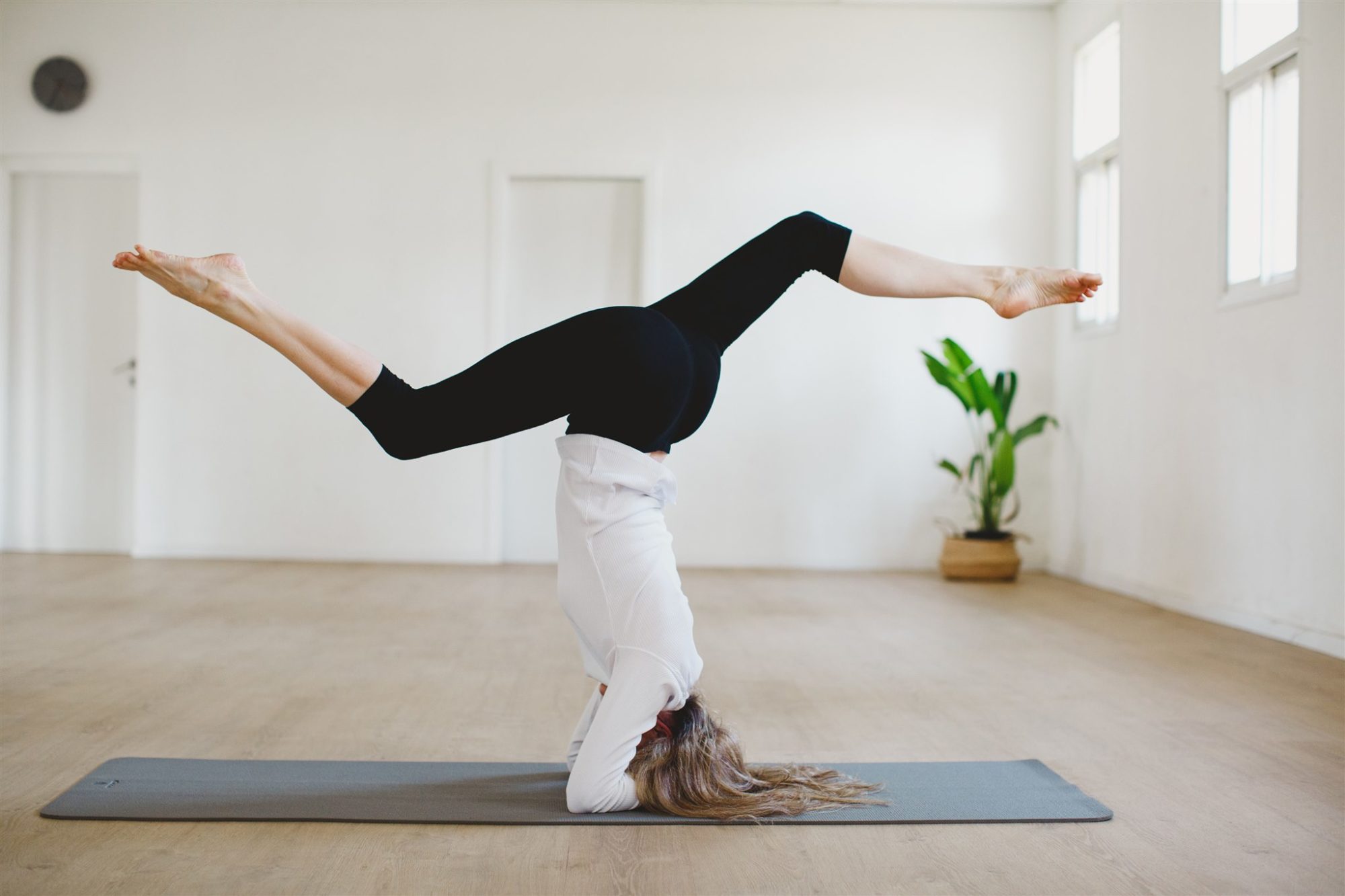Is מורת יוגה something that interests you, but you feel a bit intimidated? I know I felt that yoga was only for very flexible people and I’m not very flexible. All you see in yoga ads are people in gravity-defying positions or people who can wrap their legs over their heads. Yoga looks like it’s just for contortionists Doesn’t it? Well that wasn’t what yoga is about at all.
Yoga has three different levels. The first is physical health. Yoga was used as a means moving a person from the “physical” world into the “spiritual” world and was a prep for meditation. Have you ever meditated for long periods of time? It sounds fun and relaxing? Well if you sit in a meditation pose for longer than 20-30 minutes, if you started sitting for hours, if you’re not physically fit it really starts to hurt. The second is mental and emotional health.
Yoga is excellent for improving your memory and concentration, releasing stress and tension and can even help with depression and anxiety The third is spiritual – Most people don’t practice yoga for spiritual reasons and you can practice yoga without this component but benefits such as self-awareness. Yoga means “to yolk” or join and ancient indian practitioners believed that the two energy centers called “Ha” and “Tha” could be combined using Yoga. Yoga also seems to evoke altruism and compassion. The feeling of being one with other beings on the planet, with nature and the environment, these are all linked to a yoga practice.
So why are more people becoming interested in yoga? Here are my theories: The aging population in developed countries are looking for a better way to get fit. They are turning away from high impact exercises which can strain muscles and cause injuries and looking for low impact activities such as Pilates and Yoga, which gives results of increased muscle tone without as much cause for injury and damage.
Here are a few basic bits of equipment that you may or may not need. You can spend quite a bit of money so make sure that you buy only what you need. Yoga studios will also supply equipment that you don’t have, so don’t rush out and buy these all at once. Yoga props include: a yoga mat yoga clothes (comfortable clothes) yoga props such as a yoga bolster, yoga meditation pillow and strap (this is if you choose to do Iyengar yoga).
It depends, on what type of yoga you’re doing low impact such as Viniyoga, Kundalini, Anahat just needs loose clothing but for more athletic yoga styles (Bikram, Ashtanga, Vinyasa Flow), breathable materials such as cotton and neoprene.
Similar to martial arts, you get a deeper knowledge or understanding of yoga by practicing on your own at home. An example of this is when a teacher gives you a lecture. If you don’t look over the material, you won’t remember it as well and you’ll forget the important points of the information.
Look into a class before starting yoga. Find out what the teacher is like. Do you like the “vibe” of the classroom? Does it work for you? Is it a good fit? How much experience does this teacher have with teaching others? Do I feel that the teacher understands and addresses my needs? Does the class meet my needs and expectations? Is the studio or environment a good fit for me?
Once you’ve settled for a yoga class that’s right for you and have come to your very first class. Here’s a checklist of things you need to bring Make sure to bring a change of clothes (especially for Bikram or Moksha Yoga), make sure that you’ve brought the right equipment (even if it’s just a bottle of water). And don’t forget to wash your feet! Remember not to eat a couple of hours before hand and make sure to go to the bathroom before settling in class. This is because some of the poses will put pressure on your inner organs and eating makes you feel really uncomfortable in these positions (trust me I’ve done it and it feels terrible!)


